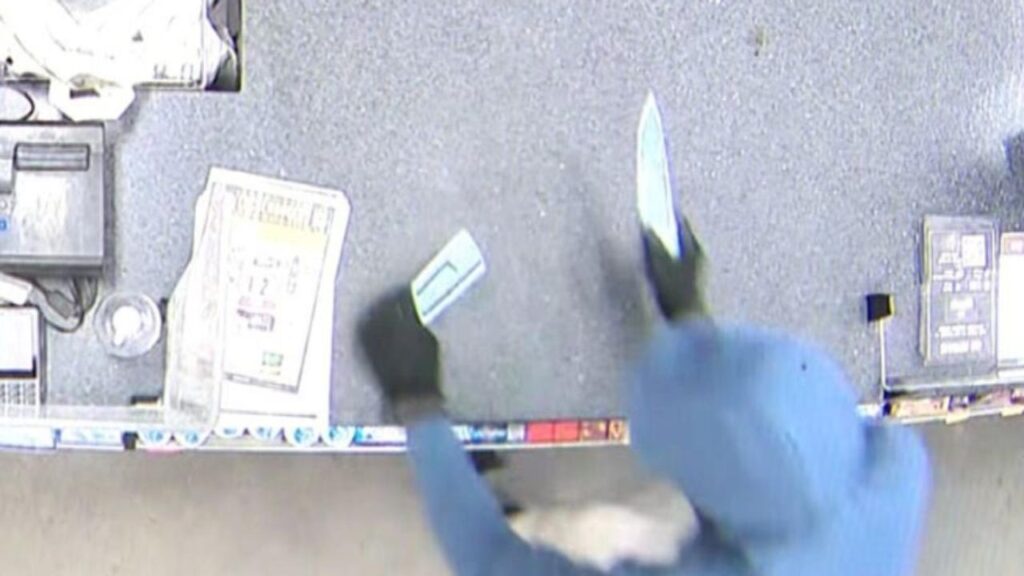Nurse’s ‘precious’ lesson from the dying
Written by admin on June 16, 2024
After taking care of terminal patients who are facing death for 35 years, Sydney nurse Cindy Grundy has learnt a lesson or two about living.
Her most cherished is to “guard your time” and treat it like the invaluable commodity that it is, says the palliative care nurse, who works in an inner-city public hospital.
“To me, time is everything. It’s so precious,” the 59-year-old said.
“You need to learn how to prioritise things and let go of the things that don’t matter. I appreciate the smaller things in life from working in this job but time is a big thing for me.”
Ms Grundy’s career has taken her to palliative care settings across wards, nursing homes, prisons and by the bedsides of people who chose to spend their final moments in their homes.
At the heart of what she does, and other palliative care nurses do, is make sure patients can get the most out of the last few hours, days, weeks or months of life – whether that’s through managing their symptoms or fulfilling their last wishes.
“They’re dying but they’re still alive and that’s a chance for laughter, love and new experiences,” says fellow Sydney-based nurse Steven Turk.
He recalls a recent patient, an elderly man, who wanted to interact with animals before he died.
Staff had originally organised for him to visit Taronga Zoo in Sydney’s north; however, his declining condition meant the trip couldn’t go ahead.
Alternative plans were made for staff to bring in their pets before officers from the NSW Mounted Police Unit offered to bring in two horses to help fulfil the man’s dying wish.
“The man was bed bound but we had the opportunity to take him downstairs. The mounted police brought in two horses and he was able to have that experience,” Mr Turk said.
“The man was bed bound and actively dying at that point, but he was aware of the horses, and he was able to pet them, and that was the goal.
“Even if it didn’t look like the original plan, we managed to create space for life and that’s something you can do till the very end.”
By way of assurance, and as an answer to one of the most frequently asked questions she receives, Ms Grundy said it was important for people to know that dying didn’t hurt.
“People often ask about pain. They want to know how they’re going to die, and while people are extraordinary, death can often be quite ordinary,” she said.
“Patients often just don’t know what to expect and the job is a lot of talking and a lot of reassuring people.”
The one question both Ms Grundy and Mr Turk declined to answer is whether nurses were privy to a patient’s common regrets or last-minute deathbed revelations.
Mr Turk said every patient was unique.
“Some people absolutely embrace the idea of death and it’s actually a point of release and it’s something they’re aiming to get to. Other people not so much,” he said.
“Whoever you are in your life is who you are when you die. You don’t change your personality.”
Ms Grundy added “it’s not like a movie”.
“People do have a sense of wanting to tell family what they mean to them, and if there’s anything positive to take out of a life-limiting illness, it’s that you have an unique opportunity to say what you think,” she said.
“It’s probably the biggest give you have with that diagnosis. It’s not like a sudden death where you have no time.”
Read related topics:Sydney







